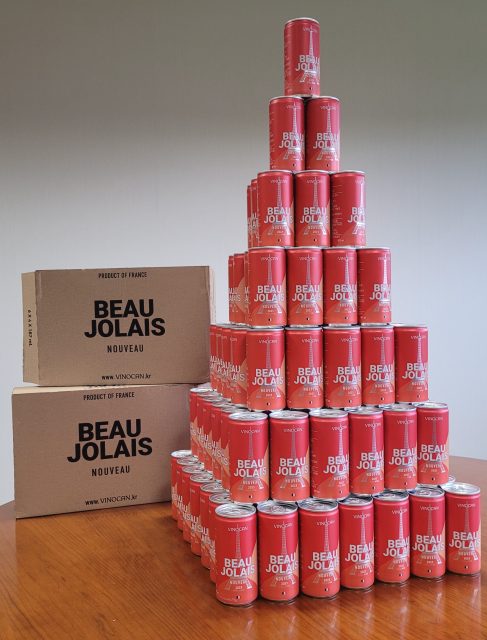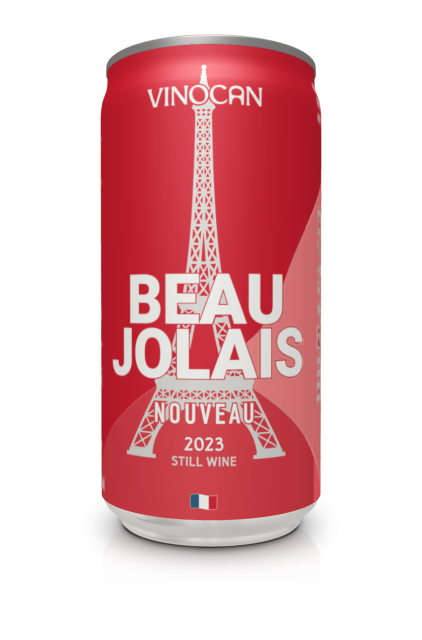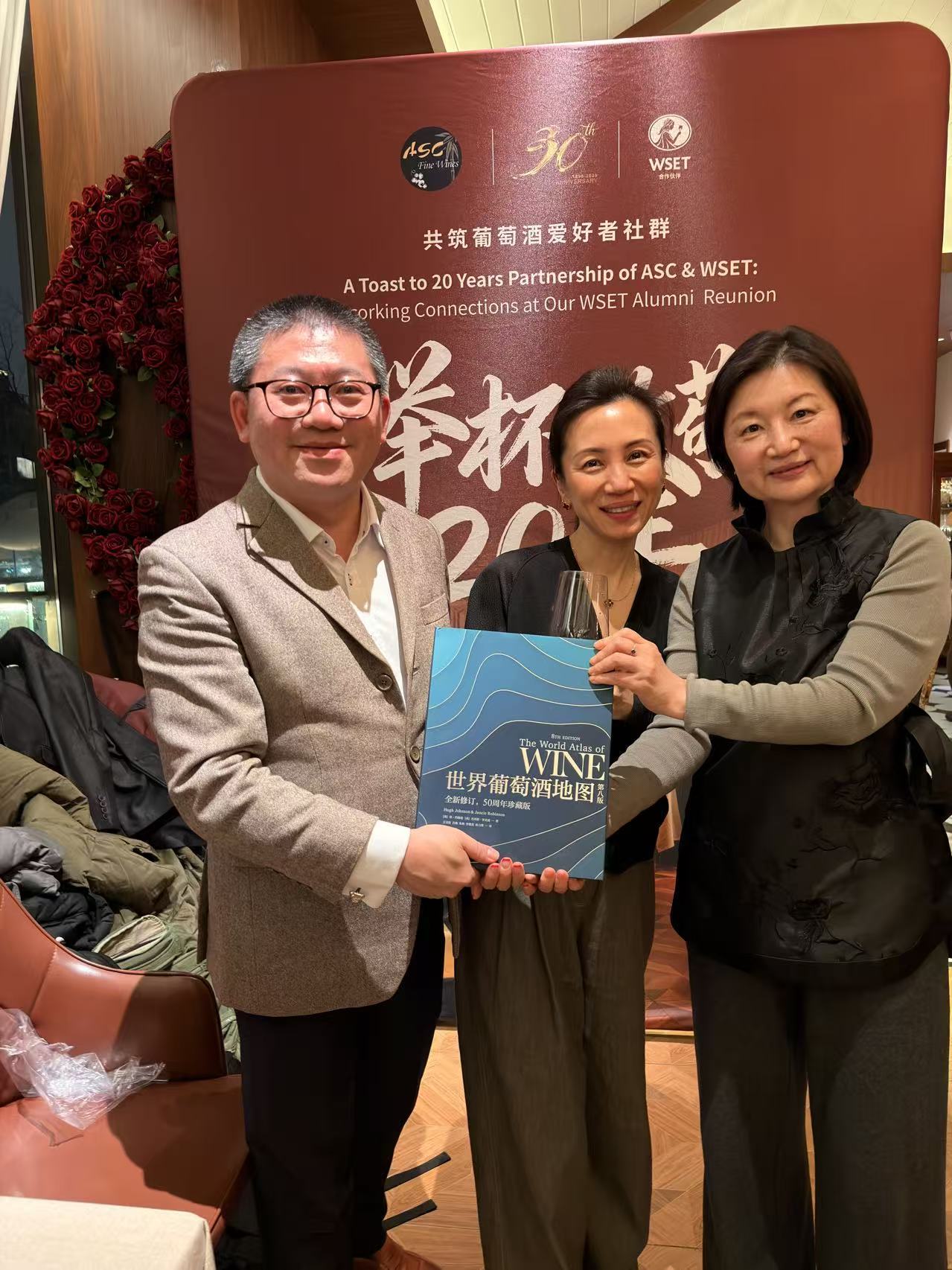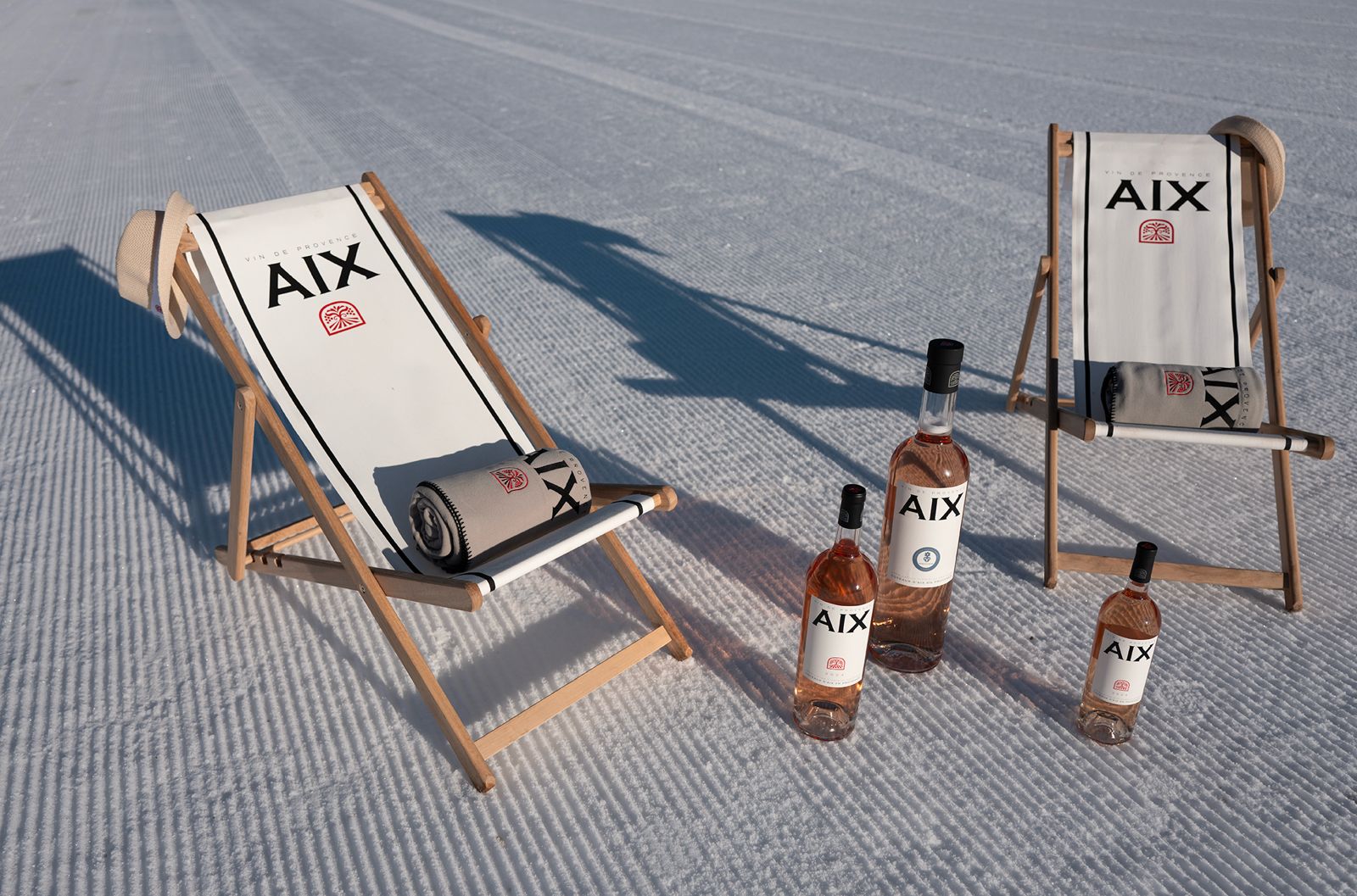Beaujolais Nouveau sold in cans in South Korea
A Dutch company which sells Beaujolais Nouveau into the South Korean market has decided to package its French wines in 200ml single-serve cans for the first time.

Beaujolais Nouveau belongs to the “vin de primeur” category — French wines permitted by AOC regulations to be sold in the same year that they are harvested.
Vin de primeur — or nouveaux wines — were initially introduced to celebrate the end of the harvest.
The official release date of Beaujolais Nouveau is the third Thursday of November, which occurred on 16 November this year, with a number of events to celebrate.
The annual date was set in 1985 by the Institut National des Appellations d’origine (INAO), but the history of vin de primeur goes back much further.
Beaujolais Nouveau became popularised as a result of the 1985 decision to have an official date, and demand spread to North America, followed by Asia in the 1990s.
Partner Content
Dutch packaging company IPL Brands BV, based in Amsterdam, has released Beaujolais Nouveau wines to South Korea in 200ml cans from Ardagh Metal Packaging (AMP).

Family-run business In Can we Trust (ICT Drinks), which runs specialist canning operations in France, has been responsible for filling the cans. The business recently opened a new facility entirely dedicated to canning wine.
Jacek Madry, Chief Commercial Officer at Ardagh Metal Packaging-Europe, said: “It is really gratifying to see that consumers in Asia can enjoy Beaujolais Nouveau in our cans this year. Our Wine Cans are hermetic to light and air to protect the flavour and aromas of such a young wine.”
Alternative packaging has blown up in recent years. Japanese multinational brewer and distiller Suntory plans to use Australia as a “reference case” for introducing canned alcoholic cocktails into other global markets.
Related news




